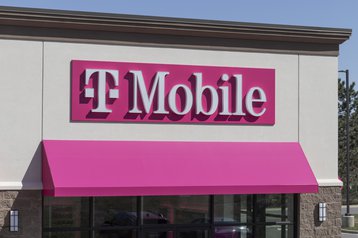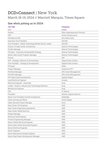T-Mobile has won its bid to appeal against a class action law suit attempting to undo its $26 billion merger with Sprint. The combination, announced in 2018, was completed in 2020.
Illinois District Judge Thomas Durkin ruled this week that T-Mobile can appeal his order to the Chicago-based 7th US Circuit Court of Appeals now, instead of at a later stage in the case.
The class action suit on behalf of millions of consumers claims that AT&T and Verizon subscribers have had to pay billions of dollars extra for wireless service after the merger reduced competition by cutting the number of US mobile from four to three.
The proposed suit was filed last year and seeks a range of penalties, the most severe of which is the undoing of the merger
Judge Durkin previously said in November that the plaintiffs "plausibly" argued that higher prices stemmed directly from the deal. But Durkin now states that the plaintiffs’ have not sufficiently alleged antitrust standing, allowing T-Mobile the opportunity to appeal his ruling that the lawsuit can go ahead.
Plaintiffs allege that the merger meant that AT&T and Verizon, neither of which are involved in the case, have been forced to increase their prices.
However, T-Mobile has hit back at the suit, stating that the customers of AT&T and Verizon have "no legal standing," and that the two operators control their own networks' prices, which it states are irrespective of the merger.
Back in November, T-Mobile described the plaintiffs' damages as "speculative," while noting that if subscribers are unhappy with higher costs, they should "switch to T-Mobile, not sue it."
It's not the first time the merger has faced scrutiny, as several US States filed a lawsuit to stop the deal from going ahead in 2019.
In total 13 states and the District of Columbia sued to enjoin the merger in the Southern District of New York, alleging it would substantially weaken competition.
In early 2020, T-Mobile and Sprint settled with the State Attorneys General for Illinois and eleven other states, based on agreeing to additional commitments, including an extension of the consumer pricing commitments from three years to five, low-cost plans, and a nationwide broadband Internet access program.







